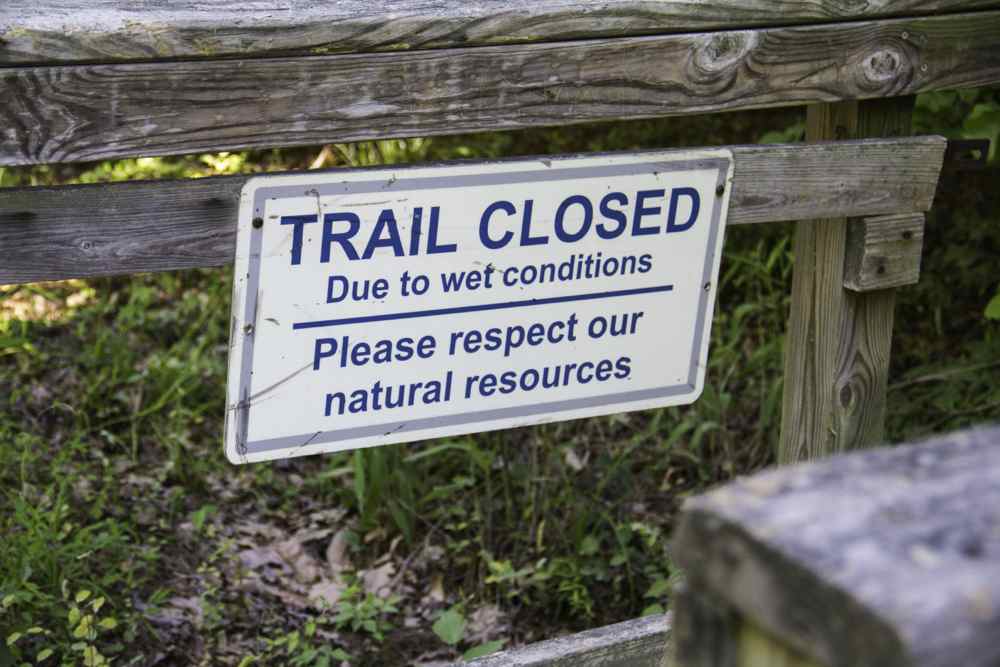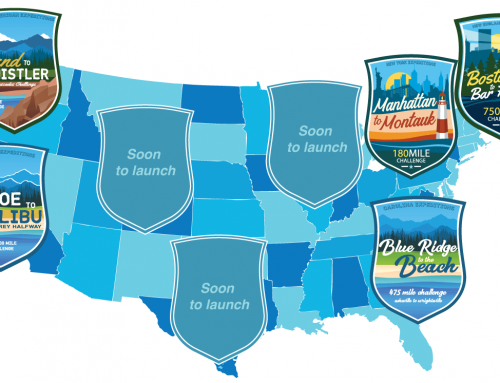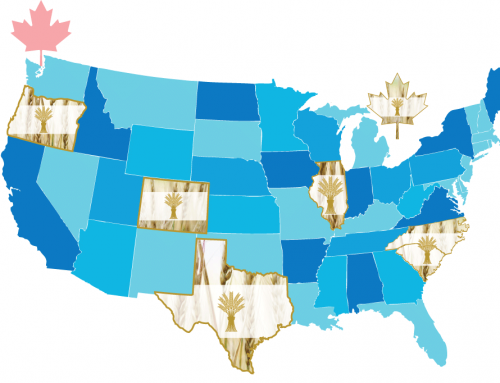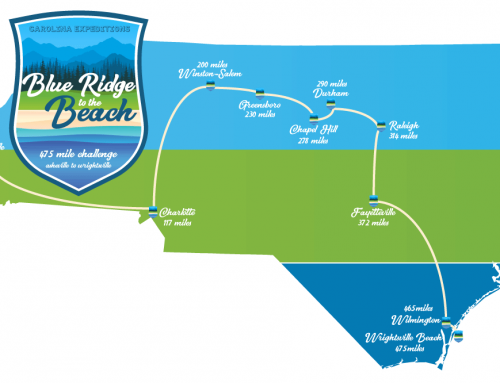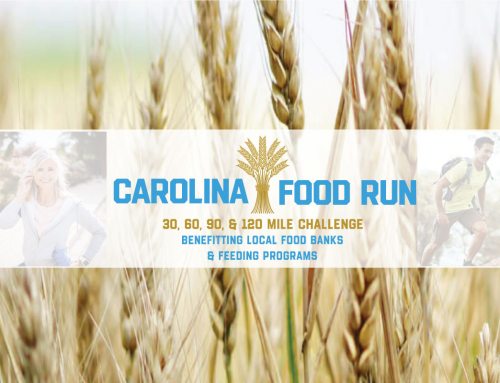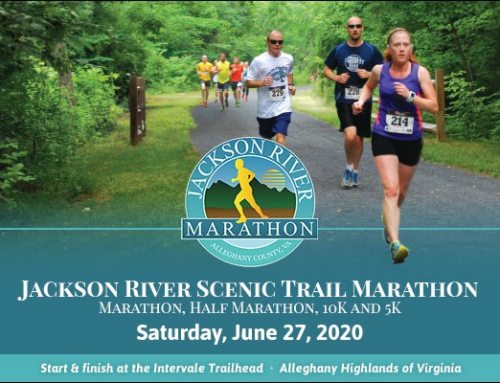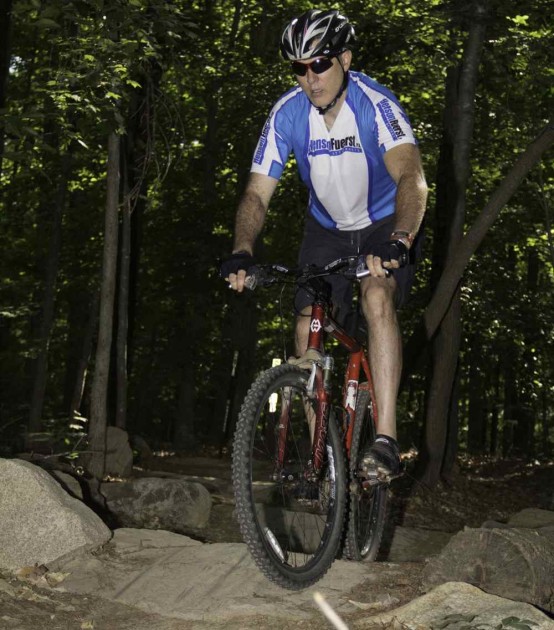
By Thomas Henson
Mountain biking started as a sport of rebels – kids who used to “color outside the lines” grew up wanting to bike someplace other than well-worn roads. Today, while the activity has become respectable for every age group and demographic, mountain bikers still cultivate a spirit of adventure. During the week, I’m a suit-wearing lawyer; but on the weekends, I can be a fat-tire warrior. No time clock … no pavement … no rules.
Well, in theory. In fact, there are soft and hard rules. Soft rules are common courtesies that mark you as an experienced and knowledgeable rider, but don’t carry any penalties (unless you count losing the respect of your peers). Hard rules are actual laws, and breaking them can lead to fines, and even jail time.
Mountain biking rules exist for the protection of the environment, the cyclist and others who are also out enjoying the trails. By following the rules, you contribute to the perception that mountain bikers are good citizens in nature. In areas where cyclists have run amok, however, there has been community backlash, which resulted in trails being permanently closed.
Soft Rules
- Leave no trace. This applies to anyone who goes out in nature. No one should be able to tell where you have been – pack up your litter and debris, and don’t change the nature of the trail, cut switchbacks or forge new pathways.
- Be courteous of others. Try to maintain a safe distance from other people at all times. If the trail gets crowded, consider walking your bike until you’re in the clear.
- Yield. According to the International Mountain Bicycling Association (IMBA), mountain bikers need to yield to non-motorized trail users, unless the trail is clearly signed for bike-only travel. Cyclists traveling downhill should yield to ones headed uphill, unless the trail is clearly signed for one-way or downhill-only traffic.
Hard Rules
Mountain biking is allowed only in areas specifically marked. If there’s no sign, assume you can’t ride there. Cycling in an unmarked area could leave you open to legal risks of trespassing or encroaching in protected areas, and there can be repercussions. Most fines for first-time offenders are small – $25 to $100. But for habitual offenders, or people who get caught riding in highly sensitive areas – such as protected bird sanctuaries – the penalties might include a fine of $500 or higher, jail time and community service. (State laws can vary widely, so educate yourself before riding.)
Other hard rules include:
- Respect “Trail Closed” signs. Trails close for a reason, not simply to annoy you. Double-check the status of a trail before heading out. Even if a trail was open yesterday, it may need to be temporarily closed due to weather damage or a planned event. This information is available on the park’s website, or review the calendars on local mountain bike enthusiasts’ organizations. Two great sites in the Raleigh/Durham area are Triangle Off-Road Cyclists (torc-nc.org) and Triangle MTB (trianglemtb.com). In Charlotte, visit www.tarheeltrailblazers.com.
- Get permits. While online, check to see if you need a permit to bike on your chosen trail.
- Avoid the Wilderness. Part of the joy of mountain biking is getting away from cities. But stay away from official Wilderness areas. Wilderness—with a capital W – is federally protected land. These are some of the most natural and undisturbed places in America. It is illegal to ride a mountain bike on any Wilderness land. Getting caught will almost definitely get you arrested. For a map of U.S. Wilderness: www.wilderness.net/map.cfm.
One last rule, with a potentially lethal penalty: Consider the possibility of hunters. The same wild areas that are attractive to mountain bikers are also attractive to birds and beasts and, in certain seasons, hunters. Some well-known mountain biking trails are right next to hunting land, and bullets don’t respect boundaries. Protect yourself by knowing when hunting seasons are, and then taking extra precautions. Wear hunter orange or other bright colors to make yourself more visible, and consider carrying a whistle, bell or other noise-maker in case you need to attract attention. (For the dates of North Carolina hunting seasons: www.ncwildlife.org/Hunting/SeasonsLimits.aspx/.)
It’s okay to be a rebel in your heart, as long as you also use your head and follow the rules. Ride safe!
# # #
Thomas Henson Jr. is an avid cyclist, and finds much happiness in bike rides with his family and friends. He leads the complex injury litigation department of HensonFuerst Attorneys. He can be contacted at ThomasHenson@lawmed.com.


